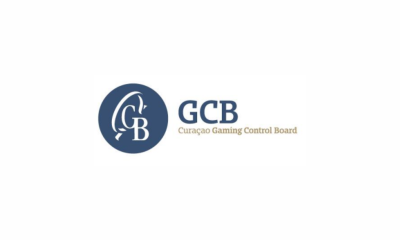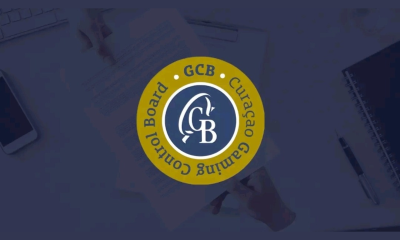Compliance Updates
Gaming Control Board (GCB) Statement on Allegations Regarding Curaçao’s Licensing Reforms
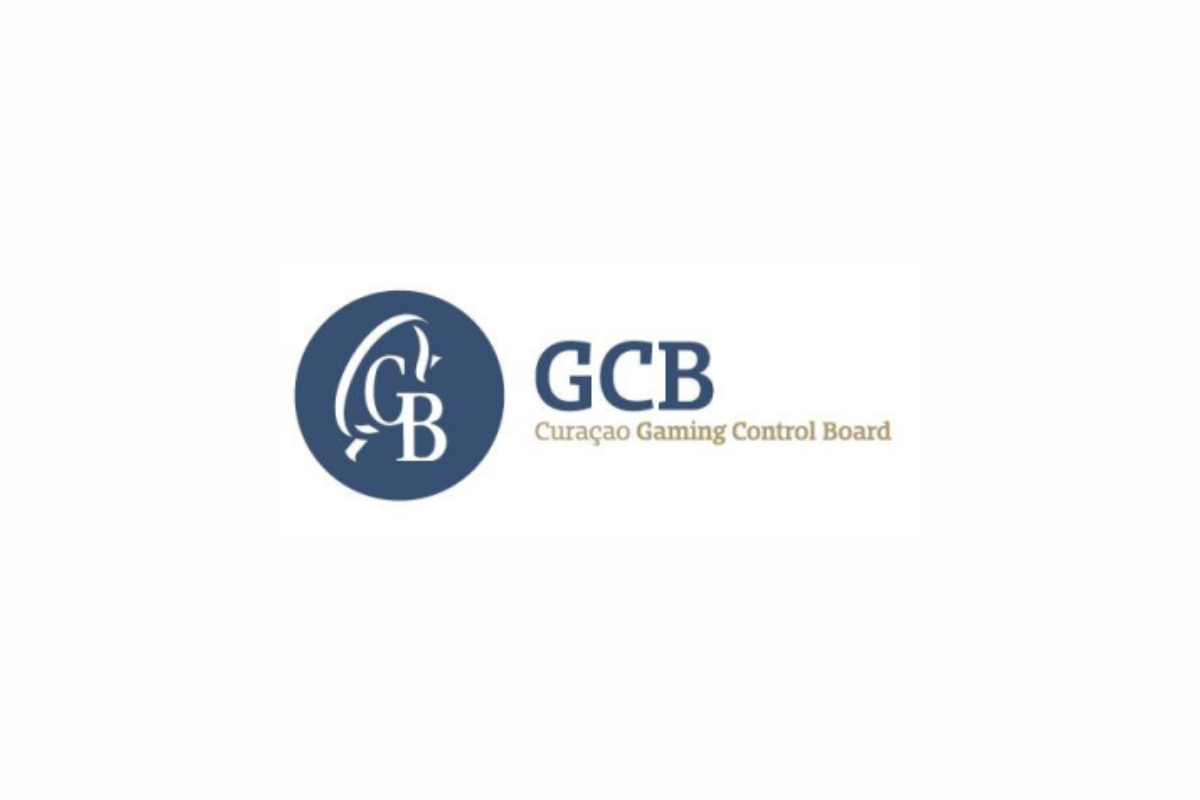
The Gaming Control Board (GCB) took notice of a recent complaint made regarding the National Ordinance on Games of Chance (LOK) reform process and the integrity of Curaçao’s licensing regime and wishes to state as follows.
Authority to issue licenses
In pursuance of the National Ordinance on Hazard Games (NOOGH), the Governor is authorized to grant licenses for operating hazard games on the international market via service line providers. This authority was mandated to the Minister of Finance in December 2019, who subsequently mandated this authority to the GCB in March 2020, followed by an amendment in November of 2023. Hence, the GCB has the authority to grant, amend, suspend temporarily, revoke, or deny licenses, as well as attach terms and conditions to licenses. The allegation that the GCB lacks the legal authority to grant license is therefore incorrect.
The licenses granted on the basis of the NOOGH are not provisional licenses. Any applicant whose application is approved will be issued a license.
When the new regulatory framework (LOK) is enacted and comes into force, NOOGH license holders will automatically be granted a provisional license based on the LOK. This allows them up to one year to comply fully with all LOK requirements as a transition period.
Comprehensive Licensing Process
Under the current regime, GCB has established a multi-phase license assessment process.
License applications undergo completeness checks for the required documents, due diligence on decision-makers including sanction screening, review of the business plan and initial evaluation of the websites.
At each stage, communication with the applicant is facilitated via the GCB online portal resulting in absolute transparency, and real-time checklists are available to every single applicant.
This assessment process concludes with a report, based upon which the GCB executive team decides whether to grant or deny a license. The applicant can follow this process through the portal. The application and monitoring processes are largely manual but are supported by technology. Currently, there is little to no use of AI by the GCB, although going forward it would be remiss not to incorporate emerging technologies where it adds value. This licensing process is managed by the GCB with the support of its team of advisors.
Fee Payment
Once licenses are approved, invoices are issued by the GCB and the operators pay their fees directly into an official government bank account and not via the online gaming portal. There is no scope for mismanagement. The assertion that funds may have been embezzled is therefore not correct. Once the payment has been received the license will be granted by the GCB.
Foreign Violations
Operators are responsible for ensuring compliance with the legal requirements of all jurisdictions in which they operate. Violations are addressed by competent foreign authorities. The GCB does not have the jurisdiction to oversee or intervene in alleged breaches of foreign regulations. In this context, the GCB relies on formal decisions issued by competent foreign authorities. Enforcement actions taken by the GCB depend on factors such as the severity of the violation.
Player Complaints
Player complaints handling is the responsibility of the online operators, based on their terms and conditions, which are reviewed by the GCB. Under the LOK, Alternative Dispute Resolution (ADR) will be made mandatory to ensure more independent evaluations. Complaints received from players and future reports from ADR entities will be used as inputs in the GCB’s risk-based supervision process.
Experienced Team
In the interest of effectively implementing the new policy, the GCB collaborates with global experts, including reputable consultants with extensive experience in regulated gaming jurisdictions. All these engagements are in compliance with GCB’s internal policies.
Bankruptcy Declaration: BC.Game
Due to confidentiality obligations, the GCB will not comment on specific details of this case. The issue involves a dispute between the website (BC.Game) and certain players. Bankruptcy was declared because Small House/Blockdance failed to pay players due to the dispute, leading to the court’s declaration of bankruptcy. However, this bankruptcy is administrative (based on a civil law statute in Curacao) and is not due to insolvency. A trustee has been appointed to handle the estate and ensure payments to players. The GCB is consulting with the regulated entity involved to determine appropriate regulatory measures.
-

 Africa5 days ago
Africa5 days agoQTech Games wins Best Innovation of the Year at the 2025 SBWA+ Eventus Awards
-

 Asia5 days ago
Asia5 days agoNODWIN Gaming and JioStar Unveil OnePlus Android BGMS Season 4
-

 Latest News5 days ago
Latest News5 days agoCalema to Perform at Legends Charity Game in Lisbon
-
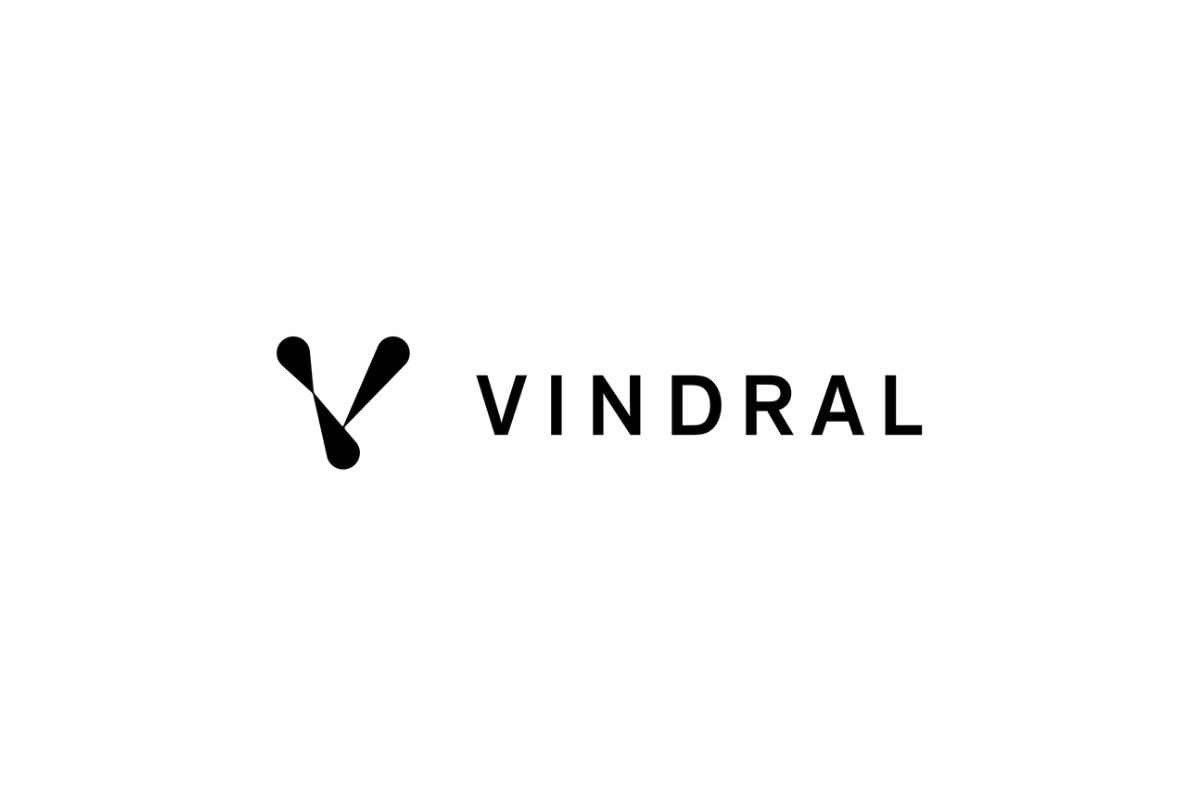
 Latest News5 days ago
Latest News5 days agoVindral appoints Henrik Fagerlund as Chairman of the Board
-
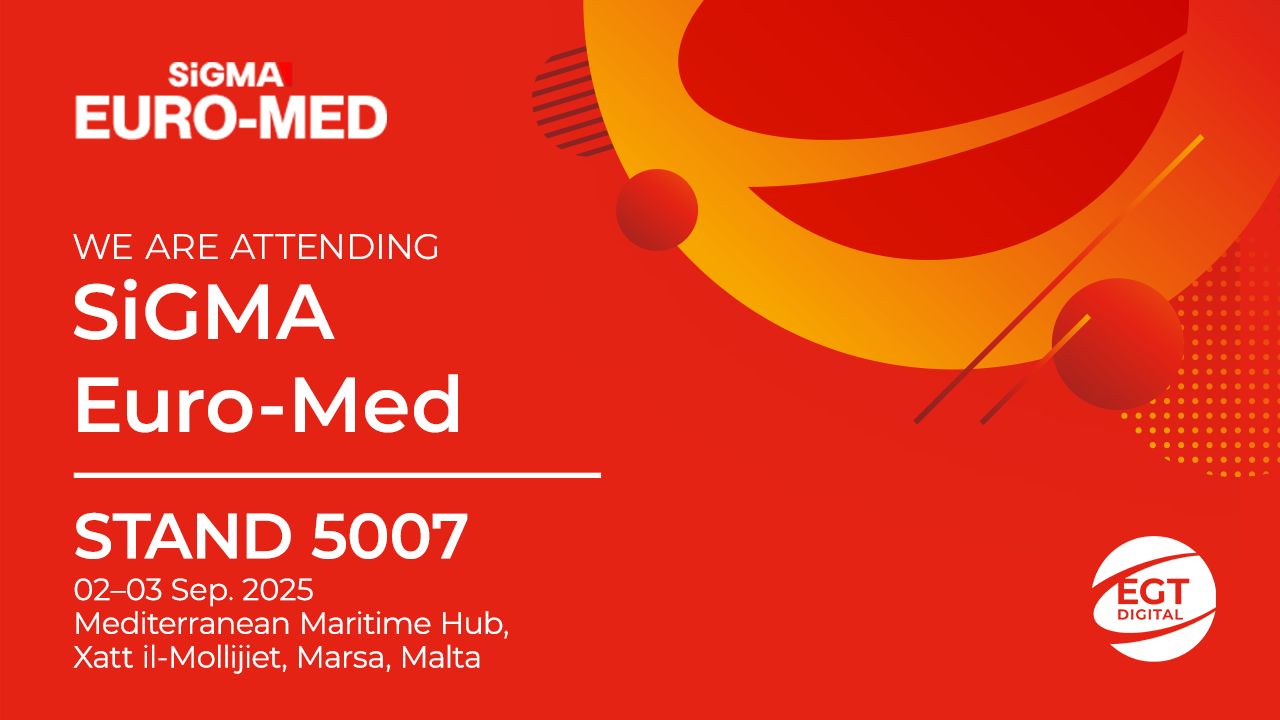
 Conferences in Europe5 days ago
Conferences in Europe5 days agoEGT Digital and EGT to rock the show at SiGMA Euro-Med 2025
-

 Latest News5 days ago
Latest News5 days agoPush Gaming redefines its portfolio, unveiling new game categories and sub-brand for extended player reach
-
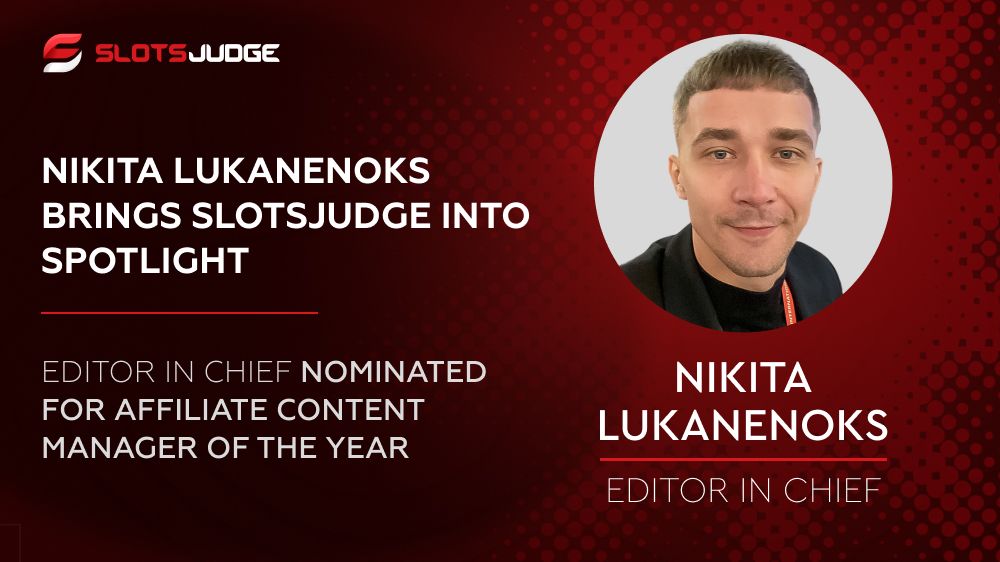
 Affiliate Industry5 days ago
Affiliate Industry5 days agoNikita Lukanenoks Brings Slotsjudge Into Spotlight With Affiliate Leaders Awards 2025 Nomination
-
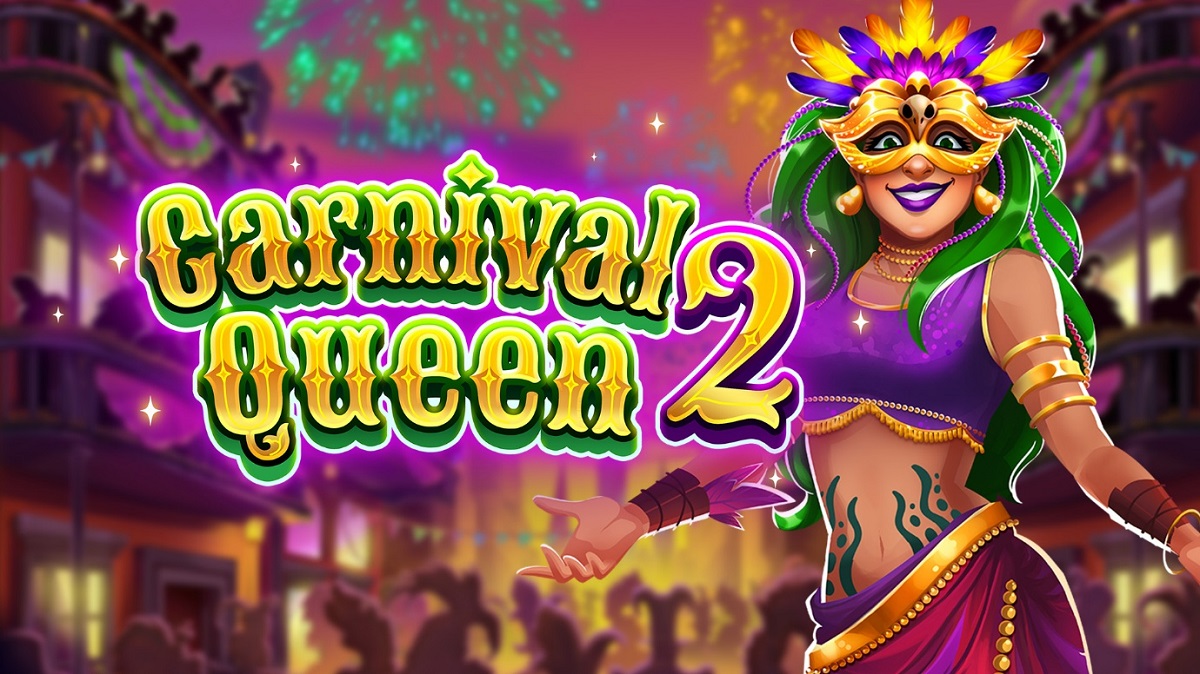
 Latest News5 days ago
Latest News5 days agoThunderkick returns for an even fierier fiesta in Carnival Queen 2






